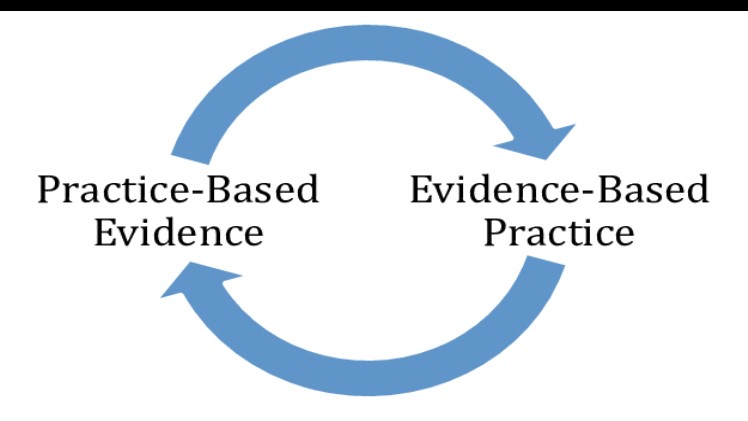Staff training and development
Evidence – based interventions usually have prescribed protocols to direct the implementation or use of the intervention, including a detailed set of instructions, materials, and staffing requirements. Furthermore, there is a prescribed implementation process as well as staff training and development. Developers of evidence – based health promotion interventions try to facilitate maximum fidelity to the essentials of intervention while still allowing maximal adaptation for the specific needs of a setting.
Intervention fidelity
Fidelity defines the extent to which the delivery of a health intervention conforms to the curriculum, protocol, or guidelines for implementing that intervention. Intervention fidelity is rated from high to low. A high – fidelity intervention would be delivered exactly as intended by the people who created it. A low – fidelity program would be delivered quite differently than intended by the people who created it.
Visit the site : Satta mataka143
Adaptation
Adaptation defines the degree to which an intervention undergoes change in its implementation to fit the needs of a particular delivery situation. The apparent antithesis of fidelity, adaptation could alter program integrity if an intervention is adapted so drastically that it is not delivered as originally intended. However, it is possible for an intervention to be rendered more responsive to a particular target population through the adaptation process. For example, adaptation could increase an intervention’s cultural sensitivity and its fi t within a new setting.
Read More About : Tamilmv

